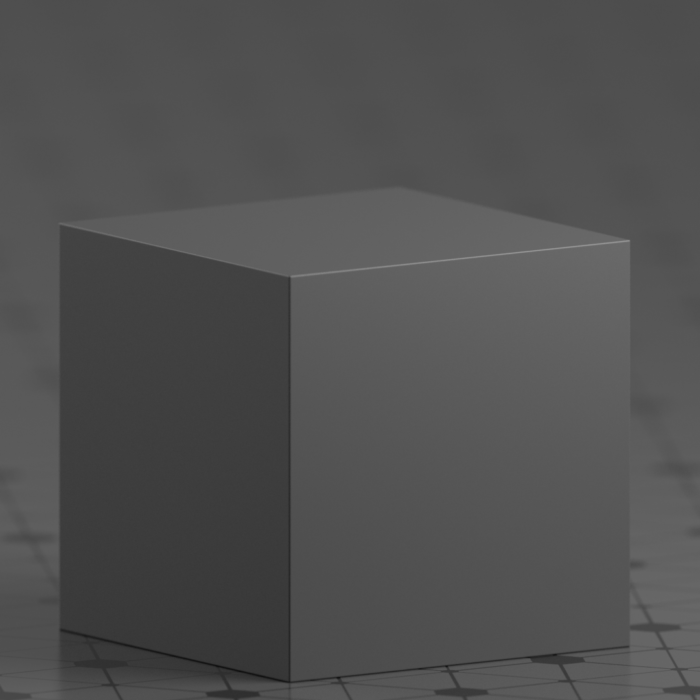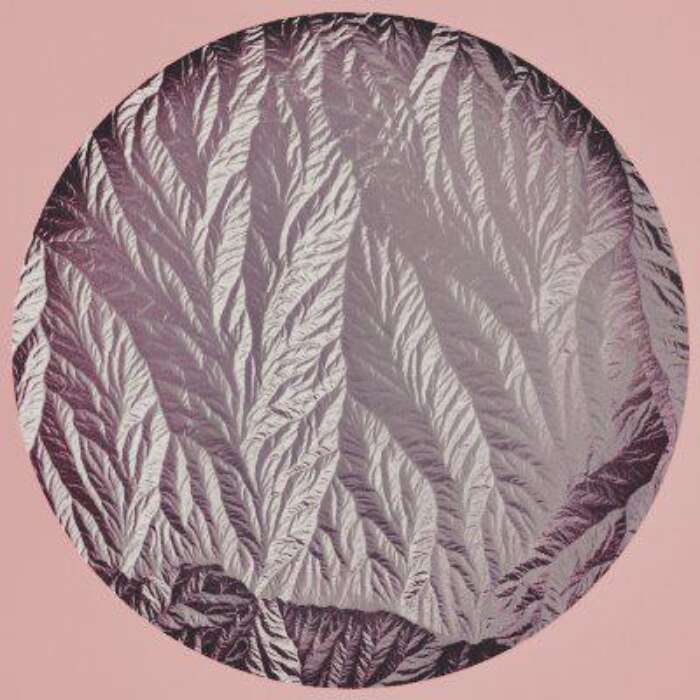People with SMA have a finite amount of energy every day that is incredibly shorter than the average person, so spending 8 hours making a tedious artwork that requires constant repetitive movements is a quick recipe for getting injured or simply getting too exhausted to continue, so in this article I'll share my tips for how you can preserve energy as an artist with SMA.
I exclusively use Blender for my art so most of the tips will be Blender specific, but some general concepts can be used in most creative software out there.
Starter files
Starter files are a project file that was created by you with all the generic things you'll need for the artwork, such as the lighting and camera placement, settings, and 60% of the general theme of your artwork being already placed and ready for you to edited and create different artworks using that starter file as a baseline.

This is one of my starter files, I created it a while ago with everything I needed already in the scene, I just open the file and start creating different artworks with that theme, you might recognize elements in this file if you've been following my art in the past few years, it's my most common theme for my dark tech artworks.
Setting up the entire scene every time you want to create an artwork is something you should try to minimize in your workflow to cut down on unnecessary energy waste and preserve your power for creating the most important parts of your artwork.
Focusing on what matters
If you notice, most of my artworks have one moving part or one interest point, I like to create art that doesn't waste your time or mine, creating artworks with a ton of details and intricate parts is very difficult for me since it requires large amounts of energy and usually doesn't add much to the scene.
Don't get me wrong, it's not easy to find one interest point as well, from a conceptual standpoint, creating a minimalistic artwork with one or two interest points is actually quite difficult, but it's a different type of difficulty where it's mostly thinking and not physical labor.
I also find shoving as much complexity and details into your artwork is great craftsmanship being used to cover a weak concept, but that's just my opinion.
So my advice is don't underestimate a clean simple fun concept, it will preserve your energy and help you create artworks that are enjoyable to make and watch without injuring yourself trying to add 300 different details and textures that would get lost in the noise anyway, more complexity and detail doesn't always mean a better artwork.
Of course this kind of advice is hard to implement if you are a character artist or an environment artist or any other type of artist that requires complexity and detail in their work, so take my advice with a grain of salt and edit it to your own style.
I hope artists with SMA consider doing art that fits their energy levels and not overwhelm and injure themselves trying to create large highly detailed artworks just to compete with able bodied artists that can work several hours a day nonstop for weeks or more.
Experiment
Before committing to one software for creating your art, try some of the others first and see what fits your needs and abilities, do not chase "the best software for creating 3D art" since the best one might not be the best fit for you.
For example I've always wanted to learn cinema 4D and I signed up for several courses to learn it, but unfortunately the workflow didn't fit my needs and abilities, Blender is surprisingly very accessible for people with disabilities.
it's highly customizable among other features that makes it easy to use with my phone, for example typing G to move an object then typing Z to pick the Z axis then typing 3 to move the object 3 meters in the Z axis all in one fell swoop, if I didn't experiment with several programs before finding the one that fits me best I would have thought it was impossible for me to do 3D art.
